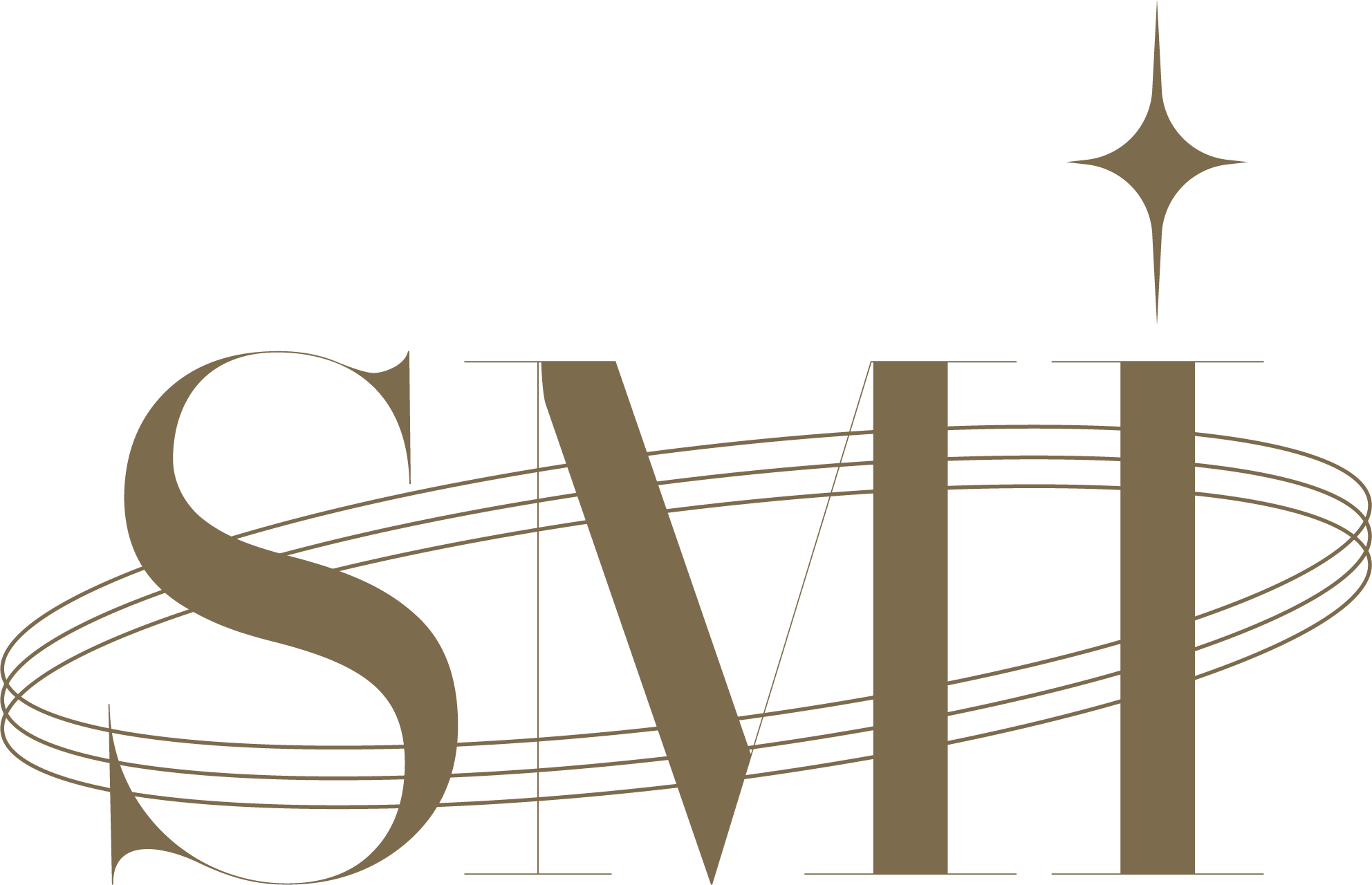Knowledge assets refer to all knowledge that exist in organizations. It includes all information, ideas, learning, understanding, memory, insights, cognitive and technical skills, and capabilities. These knowledge assets confer knowledge capabilities that may be optimised to navigate changes in business environments to identify and capture opportunities that these changes bring out. With knowledge assets harnessed correctly, responding more rapidly and cost effectively to changes than competitors is possible.
By sustaining the momentum of thriving in a continuously changing, unpredictable business environment, organizations become increasingly agile. They develop a heightened level of sensing ability (“What is going on out there”), responding ability (“How to react”) and a seizing ability (“How to leverage on changes faced”). These abilities require various forms of knowledge‐based assets to be absorbed, assimilated, shared and utilised for innovation.
Organizations that imbue the characteristics of agility fuelled by harnessing knowledge assets are expected to thrive in unpredictable business environments, but not under all circumstances.
Importance of Accountability
Apple reclaimed the title of most valuable public company in the world, surpassing both Microsoft and Amazon in Q1 of 2019 with a market capitalization of $821.59 billion. This is despite its lagging iPhone sales worldwide. A very distinguishing feature of Apple as a business entity is that it puts a very high premium on being accountable for their actions, choices and results. Accountability for Apple is a cornerstone of their operations. The company realizes that you must be accountable first and then business will follow.
Accountability is a commitment to take responsibility for activities and transparent disclosure of the results. It is a personal choice to rise above one’s circumstances and demonstrate the ownership necessary for achieving desired results. This applies to individuals, teams and the organization as a whole.
For organizations striving to be increasingly agile, harnessing knowledge assets is a necessary but not a sufficient requirement. A pressing fundamental requirement is the gradual development of a culture of accountability. Harnessing knowledge does not necessarily lead to people working better. People do not work better because they know more. They work better because they feel a sense of ownership and demonstrate that ownership by working better.
To enhance organizational agility to meet the increasing demands of market forces, organizations must purposefully create a culture of accountability. Such a culture is one that involves getting employees to integrate their work experiences with their beliefs and to act in accordance with those beliefs to take ownership of the results.
Role of Leaders
It is leaders who create the culture of accountability. They define the results that guide the culture change, ensure employees take actions that produces results, identify beliefs that generate the right actions as well as provide experiences that instil the right beliefs. Hence leaders need to pursue a culture of accountability in tandem with harnessing knowledge assets for agility at work to be enhanced.
Just as a bird cannot fly with only one wing, an organization cannot expect to become agile only through a single-minded focus on harnessing knowledge assets. Nurturing a culture of accountability is also required. Only by doing so, it is possible to sustain the momentum of thriving in a continually changing business environment.
I conducted a series of knowledge management programs for many organizations over the last few years. These organizations sent participants as they were desirous of improving their ability to perform better than before by developing a better grasps of knowledge management to navigate the changing business landscapes.
The idea was to enable them to learn how to harness knowledge assets in their respective organizations. Apart from the exam that they had to pass, the students were required to undertake mini projects as well to demonstrate their ability to harness knowledge assets.
Almost all passed the exam but only a very few percentage of them actually did the projects assigned to them. This led me to ponder on why, despite having been provided with the tools to harvest knowledge better, these tools were not being used as intended to under the projects assigned. Perhaps what was lacking in their organizations was a culture of accountability ?
Dr Rumesh Kumar






